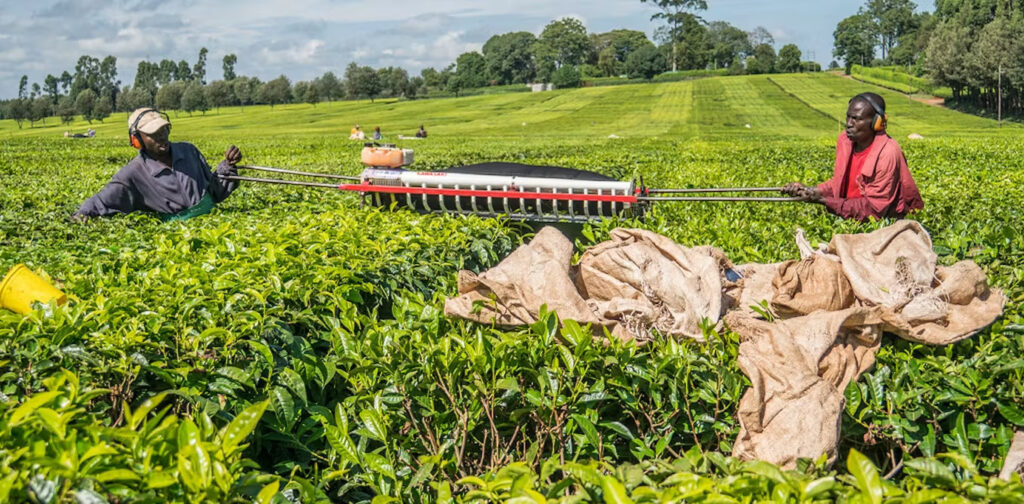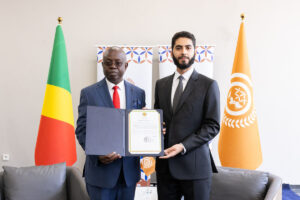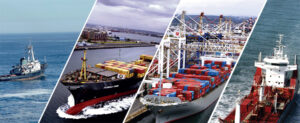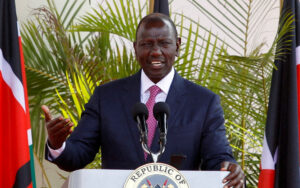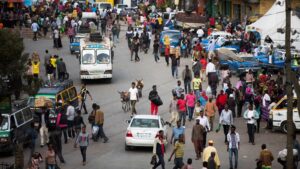Africa’s agribusiness sector is undergoing significant transformations driven by population growth, urbanisation, technological advancements, and shifting consumer preferences. Alongside their role in stimulating economic growth, agribusiness and agro-industrial development have the potential to reduce poverty and foster social and economic growth. Technological advancements and digital…
AIM Congress 2024 aims to facilitate economic opportunities and foster mutually beneficial international economic relations. The congress provides a platform…
Global verification body Verra certifies d.light’s clean cookstove projects in Kenya, Uganda, and Nigeria. Initiative to distribute 600,000 clean cookstoves,…
Artificial intelligence in Africa can potentially propel the fintech industry into a new era of financial inclusion. AI tools can…
The key highlight of the AIM Congress 2024 is the Investment Awards, scheduled for the opening day, May 7th. These…
Remittance inflows for March grew to $407.8 million, up from $385.9 million…
Featured
International arrivals increased from 1.48 million in 2022 to 1.95 million as…
Industry & Trade
Artificial intelligence in Africa can potentially propel the fintech industry into a…
Countries
Kenya’s economic resurgence in 2024 proving a reality following a notable upturn in recent months, marked by positive indicators across sectors. According to CBK,…
Cairo, Egypt, holds third place after Athens and Manilla, Philippines. India stands out,…
The increasing food prices have majorly occasioned the rise in consumer expenditure. …
A total of 77 people, including 22 Chinese and a Cameroonian, all…
Regional Markets
East Africa’s economic growth is projected to grow at 5.3 and 5.8 per cent in 2024 and 2025-26, respectively. The…
Tech & Innovation
AIM Congress 2024 aims to facilitate economic opportunities and foster mutually beneficial international economic relations. The congress provides a platform to engage with global leaders, explore…
Editor's Picks
International arrivals increased from 1.48 million in 2022 to 1.95 million as…
Africa
Global verification body Verra certifies d.light’s clean cookstove projects in Kenya, Uganda,…
Industry & trade
Africa’s agribusiness sector is undergoing significant transformations driven by population growth, urbanisation,…
Money Deals
A key component of successful cryptocurrency investment is utilizing cryptocurrency exchanges effectively.…
Investing
Global verification body Verra certifies d.light’s clean cookstove projects in Kenya, Uganda,…






